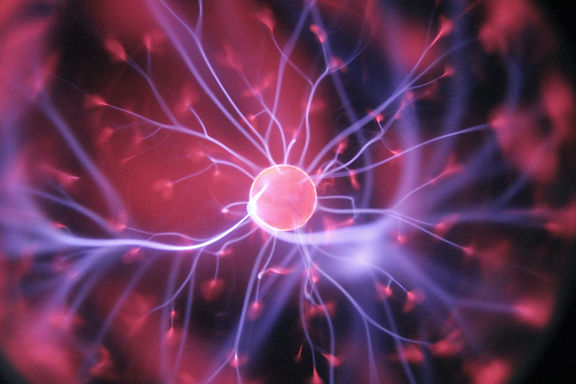



What is KCNH1?
KCNH1-related epileptic encephalopathy is an ultra-rare neurological disorder caused by a mutation in the KCNH1 gene; exact prevalence is unknown, and there are probably many cases that are undiagnosed due to lack of access to genetic testing, but currently there are under 100 known cases in the world. Some cases lead to severe, early-onset, intractable (unresponsive to medications) seizures and encephalopathy (widespread disease of the brain that results in altered structure and function). Babies may begin having seizures within hours of birth, or they may not develop epilepsy until they are several years old. Children with KCNH1-related epileptic encephalopathy typically start missing their normal developmental milestones within a few months of birth, and most do not progress beyond the developmental level of a toddler. Some do not learn to walk or talk, while others have limited speech and mobility. The mutation also commonly results in facial and periodontal abnormalities (gingival hypertrophy), small or missing finger and toenails, hypertrichosis (thick hair), chronic GI issues, feeding difficulties, and sleep disturbance. Some children also have autistic symptoms.





The KCNH1 gene encodes a voltage-gated potassium channel (kv10.1) that is primarily expressed in the central nervous system. KCNH1 is an autosomal dominant disorder, and most cases of KCNH1 epileptic encephalopathy appear to stem from de novo (i.e., not inherited from the parents) mutations. Most of the cases studied thus far have been shown to be gain-of-function mutations, meaning the mutation causes increased activity in the protein it encodes. In KCNH1 gain-of-function mutations, the potassium channel opens too easily and stays open too long, resulting in disrupted neural signaling that can cause seizures and negatively affect memory, learning, and muscle function.
Contact Us
We're always looking for support for our mission.
Let's connect!
619-742-0013





